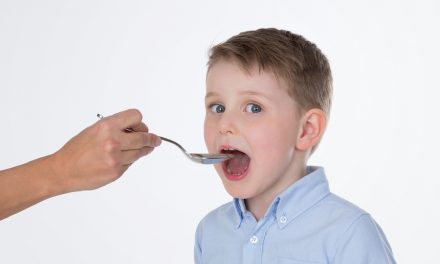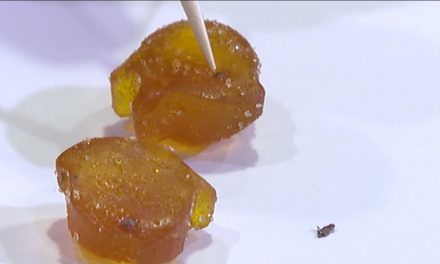A new study published in the journal Pediatrics has found that thumb sucking kids, between the ages of 5 to 11, may both increase their exposure to microbes and germs AND be less likely to have positive allergic skin tests later in life.
For the study, researchers used evidence from an ongoing study of New Zealand children those whose parents described them as thumb-suckers and nail-biters.
From the article:
“The children were in the Dunedin Multidisciplinary Health and Development Study, in which 1,037 children born in 1972-73 in Dunedin, a coastal city in New Zealand, were assessed and tested as they grew up, with the most recent assessment done at age 38. Stephanie Lynch, a student at Dunedin School of Medicine and the first author of the paper, had the idea of using the data to look at a possible relationship between children who tend to have their fingers in their mouths and allergic sensitization.”
The “hygiene hypothesis”, formulated in 1989, pondered whether or not there could be a link between atopic disease – when the immune system responds to things in the environment with eczema, asthma and allergy — and a lack of exposure to various microbes early in life. The argument is that exposure to germs may actually help program a child’s immune system to fight disease, rather than develop allergies.
More from the article:
“In the study, parents were asked about their children’s nail-biting and thumb-sucking habits when the children were 5, 7, 9 and 11 years old. Skin testing for allergic sensitization to a range of common allergens including dust mites, grass, cats, dogs, horses and common molds was done when the children were 13 years old, and then later when they were 32. Thirty-one percent of the children were described as “frequent” nail biters or thumb suckers (or both) at one or more of those ages.”
Among children who frequently sucked their thumb or bit their nails, there were significantly fewer positive allergic skin tests at both 13 and 32. And the children with both habits were even less likely to have a positive skin test than those with only one of the habits. Lastly, the differences couldn’t be explained by other factors associated with allergic risk; researchers controlled for pets, parents with allergies, breastfeeding, socioeconomic status, and more.
Robert J. Hancox, one of the authors of the study and an associate professor in the Department of Preventive and Social Medicine at Dunedin School of Medicine, said, “The hygiene hypothesis is still unproven and controversial, but this is another piece of evidence that it could be true.” It seems that early exposure to the larger environment is more protective than hazardous.
Dr. Hancox pointed out that the study does not show any mechanism to account for the association. “Even if we assume that the protective effect is due to exposure to microbial organisms, we don’t know which organisms are beneficial or how they actually influence immune function in this way.”
While thumb sucking, especially in older kids, can still be problematic- especially if it interferes with the teeth or causes infections on the fingers (or gets a child teased)- most of the time kids stop on their own.
More study needs to be done, but this new research shows the power of a longitudinal study (one that gathers data from the same subjects repeatedly over a period of time) and should cause more researchers to take a hard look at long-term associations between childhood behavior and adult immune function.
We couldn’t agree more.
Source: The New York Times












